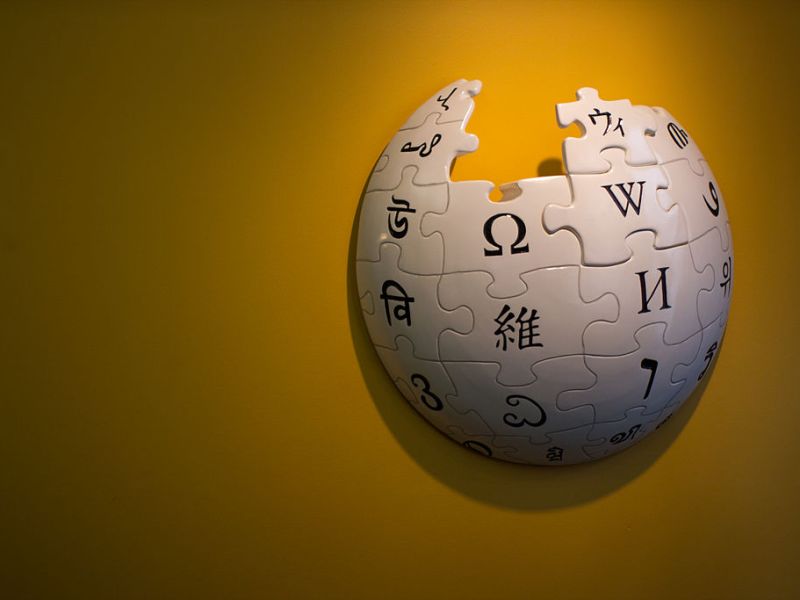
How does the world see Wikimedia brands?
That’s what a recent global brand study sought to research as part of the Wikimedia movement’s planning towards our ambitious 2030 strategic goals. The study was led by Wolff Olins, an international brand consultancy, and directed by the Wikimedia Foundation’s Communications department. The results showed high support for Wikimedia’s mission and strong interest in contributing….

Problems remain with the EU’s copyright reform
It was almost exactly five years ago that a reform of EU copyright was included in the European Commission’s list of priorities. The setting of that priority was followed by several public consultations, countless public events, and many face-to-face meetings. In 2016, the Commission made a proposal for what this reform would look like. Since….

WikiAfrica Education initiative teaches South African students to decolonise the internet with Wikipedia
“I’m editing the page for the star Proxima Centauri. It’s missing something about the planet Proxima b, so I should fix it”. These are the words of 12-year-old Michael—surprisingly confident for someone contributing to Wikipedia for the first time. “Have you found a reference for it?,” asked a Wikimedia volunteer editor, to which Michael replied with his….

Through #1Lib1Ref, we ask that you give the gift of a citation
2019 marks the fourth year of #1Lib1Ref, an annual campaign that asks everyone to jump in and improve Wikipedia by adding at least one citation. In doing so, they help improve the reliability and authenticity of the site for billions of readers. Though literally meaning “One Librarian, One Reference”, #1Lib1Ref has grown to include archivists,….
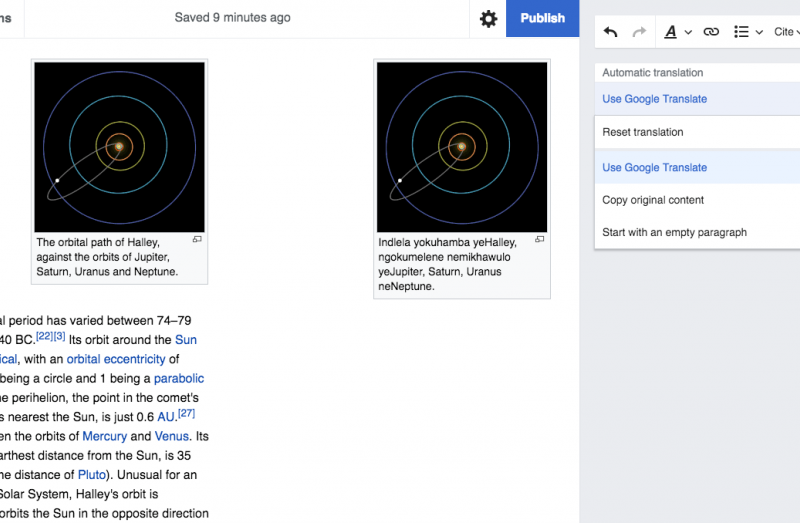
You can now use Google Translate to translate articles on Wikipedia
Studies estimate that there are more than 7,000 languages spoken around the world. Wikipedia exists in about 300 of them. That’s about 4 percent of some of the world’s languages documenting some of the world’s knowledge. Consider the Arabic language. With more than 420 million speakers, it’s one of the most widely spoken languages in….

Here’s why we’re celebrating the public domain in 2019
As 2018 turned to 2019, people around the world celebrated the start of a brand new year with parties, family, and friends. The transition into 2019 also marked a new era for access to knowledge and culture in the United States, as new works finally entered the public domain through copyright expiration for the first….

Wikipedia’s most-popular articles of 2018 show that pop culture rules over us all
People visited Wikipedia over 190 billion times in 2018 alone, many motivated by the encyclopedia’s wealth of in-depth articles about topics you didn’t know enough about. But in looking at the English Wikipedia’s most-popular articles of 2018, it’s clear that one motivation reigned supreme. People wanted to keep up with the popular culture moments happening….
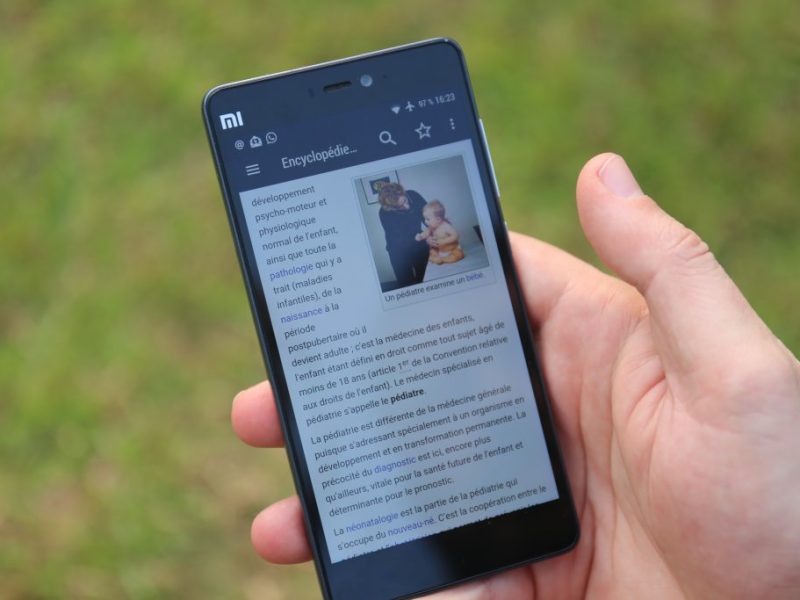
Kiwix is connecting the unconnected
In Eritrea or Cuba, people routinely buy Wikipedia for one dollar.[1] Wait, what? Isn’t Wikipedia free? Of course it is—Wikipedia, in fact, is entirely free and very easy to reach if you are not one of four billion people who still do not have internet connectivity. If you are, however, having problems to access your….
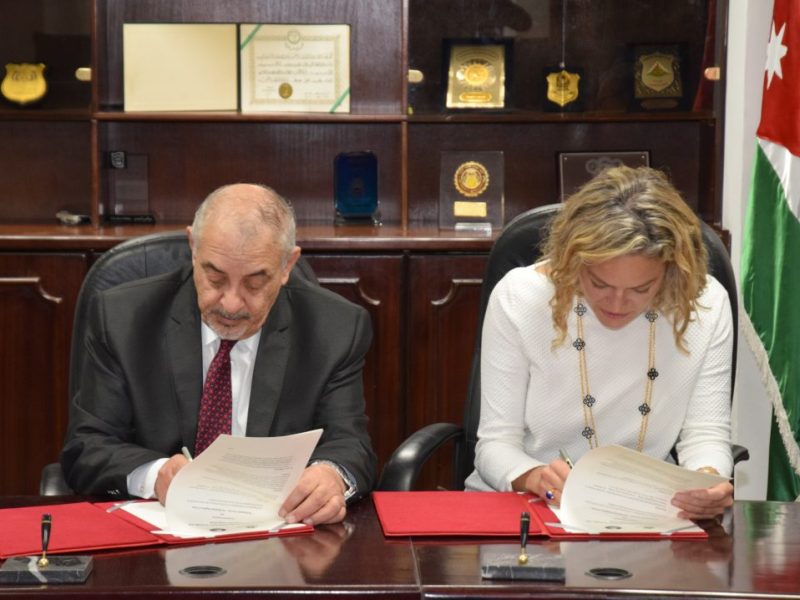
Hashemite University, Wikimedia Foundation, Wikimedia volunteers partner to expand access to free knowledge resources in Jordan
Last month, the Wikimedia Foundation, Wikimedia community members in Jordan, and Hashemite University—one of the most esteemed higher education institutions in Jordan—signed a Memorandum of Understanding (MOU) to advance cultural cooperation and access to free knowledge resources in the Arabic language. It is the first MOU of its type signed with any university in the….
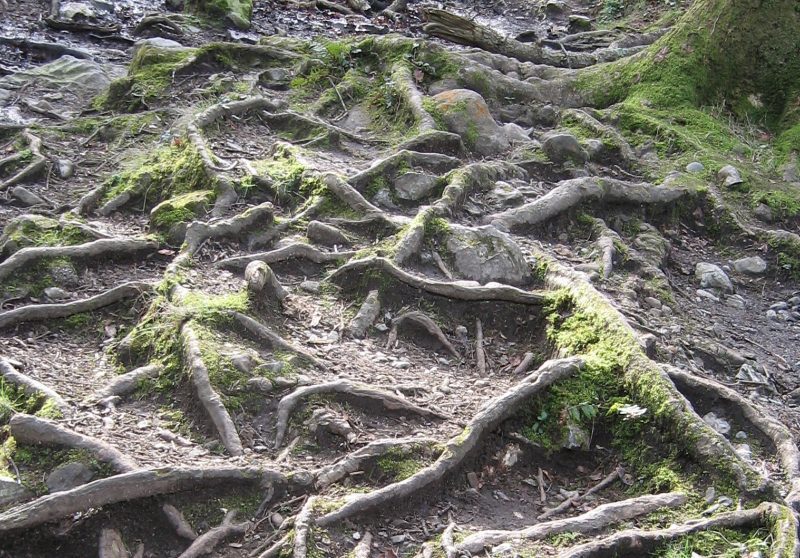
The anatomy of search: The root of the problem
A galloping overview As we have done before, let’s get a bird’s-eye view of the parts of the search process: text comes in and gets processed and stored in a database (called an index); a user submits a query; documents that match the query are retrieved from the index, ranked based on how well they….